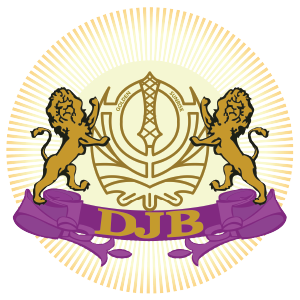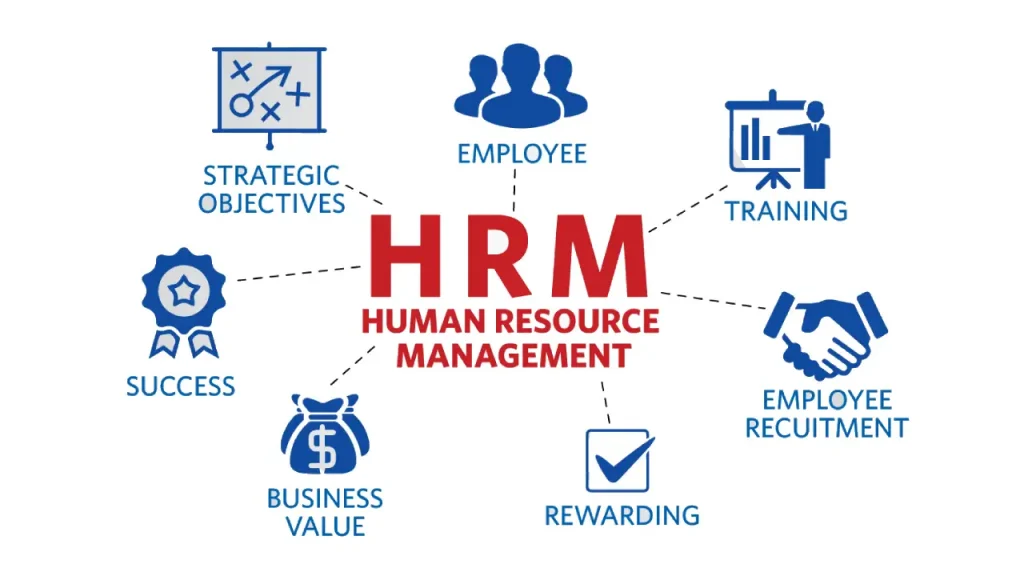The HR Career Path is a long and fulfilling career that has the power to transform lives. HR professionals can be found in most industries and work with organizations from start-up to multinational corporations, from not-for-profit organizations to government agencies.
What is the HR Career Path?
The human resources career path is a rewarding and challenging one that can lead to many different opportunities. HR professionals help organizations manage their most valuable asset – their people.
There are many different roles within the field of human resources, from recruiting and staffing to training and development to compensation and benefits. HR professionals may specialize in one area or work in a generalist role.
The human resources career path can lead to positions such as HR manager, director of HR, or vice president of HR. With experience, some HR professionals may even start their own consulting firms.
Those interested in pursuing a career in human resources should have strong communication and interpersonal skills. They should also be able to think critically and solve problems. A bachelor’s degree in human resources or a related field is typically required for most entry-level positions.
The Value of a Human Resource Degree

A human resources degree provides students with the skills and knowledge necessary to pursue a career in the field of human resources. The degree program typically covers topics such as labor relations, employee benefits, and training and development. In addition, students learn about HR management principles and practices.
A human resources degree can lead to a variety of exciting and challenging careers in the field of human resources. With the right skills and knowledge, graduates can find employment in a variety of industries, including healthcare, manufacturing, retail, and more. In addition, a human resources degree can prepare students for leadership roles within their organizations.
Whether you’re just starting out in your HR career or you’re looking to take your career to the next level, a human resources degree can give you the edge you need to succeed.
How to Get Started in HR
There are a few key things you need to do if you want to get started in HR. First, you need to understand the different types of HR roles that exist and which one is right for you. Then, you need to develop the necessary skills for the role you want to pursue. Finally, you need to build a strong network of contacts in the HR field.
If you want to get started in HR, the first step is to understand the different types of roles that exist within the field. There are generalists who handle a wide range of HR functions, specialists who focus on specific areas like benefits or employee relations, and consultants who provide outside expertise on an as-needed basis. Once you have a good understanding of the different types of roles, you can begin to assess which one is right for you based on your skills and interests.
Next, you need to develop the necessary skills for the role you want to pursue. If you want to be a generalist, it’s important that you have a broad knowledge of all aspects of HR. If you’re interested in specializing, then deep knowledge in your area of interest is critical. In either case, strong communication and interpersonal skills are essential since much of your work will involve dealing with people.
Finally, it’s important that you build a strong network of contacts in the HR field. This will help you stay up-to-date on industry trends and developments, and it will also make it easier to find
HR Specializations and Job Titles
There are a number of different HR specializations and job titles, each with their own unique responsibilities. Here are some of the most common HR specializations and job titles:
-HR Generalist: An HR generalist is responsible for a wide range of HR duties, from recruiting and hiring to employee training and development.
-Recruiter: A recruiter is responsible for sourcing and screening candidates for open positions within an organization.
-Employee Relations Specialist: An employee relations specialist is responsible for managing employee relations issues, such as conflict resolution and performance management.
-Training and Development Specialist: A training and development specialist designs and implements employee training programs that help employees improve their skills and knowledge.
-Compensation and Benefits Specialist: A compensation and benefits specialist manages an organization’s compensation and benefits programs, including salary administration, health insurance, and retirement plans.
Training and Certifications of HR
There are many different types of training and certification available to human resources professionals. Some examples include:
-Human Resources Certification Institute (HRCI)
-Society for Human Resource Management (SHRM)
-The HR Certification Institute (HRCI)
-International Public Management Association for Human Resources (IPMA-HR)
Each of these organizations offers different types of certification, which can be helpful in advancing your career in human resources. It is important to research the various options and decide which type of certification would be most beneficial for you and your career goals.
Conclusion
The human resources career path can be immensely rewarding, both professionally and personally. If you’re interested in pursuing a career in HR, we hope this article has given you a better understanding of what to expect. From the necessary education and experience requirements to the potential job opportunities available to you, there is a lot to consider when embarking on an HR career. But with the right preparation and guidance, a career in human resources can be highly fulfilling and successful.
Follow us to stay updated on LinkedIn, Facebook, Instagram and Twitter.



